The VDP.Eagle unites around 200 of Germany’s finest wineries.
Any time that eagle adorns the neck of a wine bottle, it promises that the wine inside is of the highest quality! Here’s how the VDP member estates are organized...
The VDP.Federal Association
According to our understanding of quality, it is the winegrower who refines the wines, which are shaped by their origin and polished by the high VDP.Eagle.standards, to a VDP.Eagle.wine. In Germany only a small group masters this high art. We want to ensure that the VDP will continue to live up to its worldwide reputation as a quality elite in the future. Therefore, potential new members must meet strict requirements.
The most important criterion for being accepted into the circle of those whose suitability is tested is to attract national and international attention through many years of outstanding quality. Because one can neither apply for nor acquire membership. Who wants to become VDP.Winegrower, must impress before other VDP.Winegrower in such a way that we invite the newcomer to the examination of a possible membership. Then the winery is put through its paces to ensure that it suits us and that its wines meet our requirements for VDP.Eagle.wines.
Among the conditions for a membership in the VDP - for potential new members, like for us VDP.Winegrowers - count about ...
... the unconditional commitment to the eight VDP.Eagle.maxims and the resulting VDP.Eagle.standards
... the ownership of vineyards classified by us as good and best sites
... the full-time management of the vineyard. The cultivation, development and marketing of the wines must be in the hands of the winery and supervised by qualified personnel
... an appropriate external presentation of the winery
... the use of the VDP.Eagle on the capsule as an identification symbol for membership in the VDP (applies to members)
All VDP.Wineries must prove regularly - at the latest every five years - during a company audit that the strict VDP.Rules are actually adhered to.
FOUNDING YEAR
1910
MEMBERS
201 Estates from all German growing regions
POSITIONING
• Harvest quantity: approx. 3 % of the German wine harvest
• Farming: approx. 5,5 % of the German vineyard area (5.588 hectares)
• Revenue: approx. 7.5 % of the turnover of German wine
AN AVERGARE VDP.ESTATE
• Vineyard: 28 hectares
• Bottles / year: 195.488
• Turnover / year: around 2.45 million Euro
RIESLING COMPETENCE
• 23 % of the German vineyards are planted with Riesling
• Within the VDP 55 % of all vineyards are planted with Riesling
• These 2,893 hectares correspond to 5 % of the world Riesling cultivation and 12 % of the German Riesling area
ECOLOGY
• 40 % of the VDP vineyard area is cultivated organically
• Slightly more than one third of the VDP.Estates are already working organically, with a strong upward trend (many are in the three-year conversion phase)
• 16 % of the German organic winegrowing area is managed by the VDP
• 17 VDP.Estates work biodynamically (7.6 % of the VDP vineyard area, 427.5 ha in total)
SUSTAINABILITY
• 43 VDP.Estates are sustainably managed and certified (= 1,881 ha)
• 34 % of the VDP vineyard area is sustainably certified
• According to the decision of the general meeting in 2021, all VDP members will be sustainably certified by 2025
GROWTH
• 1990: 161 wineries are members of the VDP
• Since then: 128 additions and 92 disposals
• 2023: 201 wineries are members of the VDP
TURN OVER VOLUME (2022)
• The sales volume of all VDP.Estates amounted to 489 million euros with sales of about 39 million bottles
• 48 % of VDP wines are marketed directly to end consumers
• 73 % of VDP wines are marketed domestically and 27% are exported
• More than half of exports are dry wines
AVERAGE PRICES (2022):
• VDP.GUTSWEIN: 11,00 Euro
• VDP.ORTSWEIN: 14,00 Euro
• VDP.ERSTE LAGE®: 20,00 Euro
• VDP.GROSSE LAGE®: 37,00 Euro
The VDP and its around 200 members form the qualitative spearhead of German viticulture. The Association’s clear organizational structure is designed to ensure that it can effectively stand up for high quality standards in German wine at all times. It is divided into the VDP.National Association on one side and the ten regional associations on the other. The organs of the national association are the general assembly, the president’s council and the executive committee. At the general assembly, each region is accorded voting rights proportionate to their size in the federation. All winegrowers present at the meeting have the right to speak, of course. The president’s council comprises the president and his six vice-presidents. Together with the chairs of the regional associations and the managing director, this group forms the executive committee. The national VDP.Headquarters is located in Mainz, working in close cooperation with the regional offices in the association’s various regions.
The VDP.President
Steffen Christmann was born in 1965 in Neustadt an der Weinstraße. Growing up in his parents' vineyard in Gimmeldingen, he is now a 7th generation winemaker. The history of the A. Christmann winery dates back to the 16th century. Today, the winery covers 19 hectares, has received many awards and is one of the top international wineries.
After school and military service, Steffen Christmann studied law in Heidelberg, Saarbücken and Speyer and was admitted to the bar in 1994. At the same time, he trained in viticulture at the DLR Rheinpfalz, which he completed in 1995. From 1995 to 2009, in addition to managing the winery, he also worked as a lawyer specialising in agricultural and wine law. In 1996, he took over his parents' winery, which he continued to develop: this included converting to biodynamic viticulture, building a new wine production facility and concentrating on Riesling and Pinot from best sites.
Steffen Christmann is married and has four children with his wife Daniela. His daughter Sophie joined the winery in 2017. He is an ambitious cook, enjoys reading classical literature, hiking and skiing. For a long time, he was involved as a presbyter and synodalist of the Protestant (state) church, in local politics and is chairman of various winegrowing committees at district and regional level, as well as on the board of the Palatinate and German winegrowers' associations.
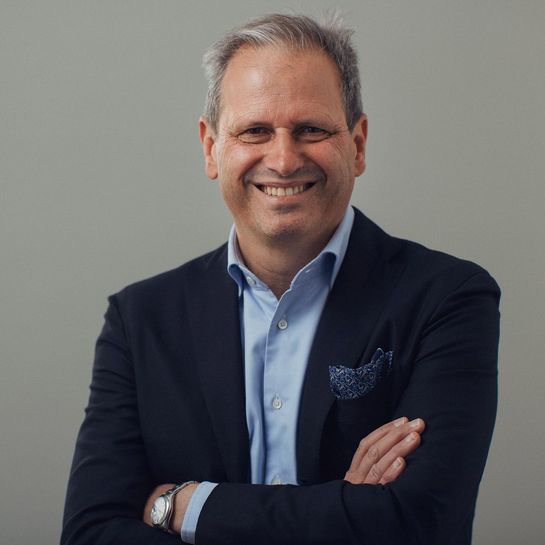
VDP.President
STEFFEN CHRISTMANN
VDP.Estate A. Christmann
Peter Koch Straße 43
D-67435 Gimmeldingen
Email: info@weingut-christmann.de
Zum Weingut
PHONE: +49 (0) 6321 / 66039
Steffen Christmann is a man at the head of the VDP who embodies tradition and modernity in viticulture. Since 1996 he has managed the traditional family winery A. Christmann, whose roots reach back to the 17th century. Christmann is not only a trained winemaker, but also a fully qualified lawyer with admission as a lawyer. The fact that he nevertheless rejected a legal career and took over his parents' business testifies to his regional roots and his sense for the obligations of the family tradition.
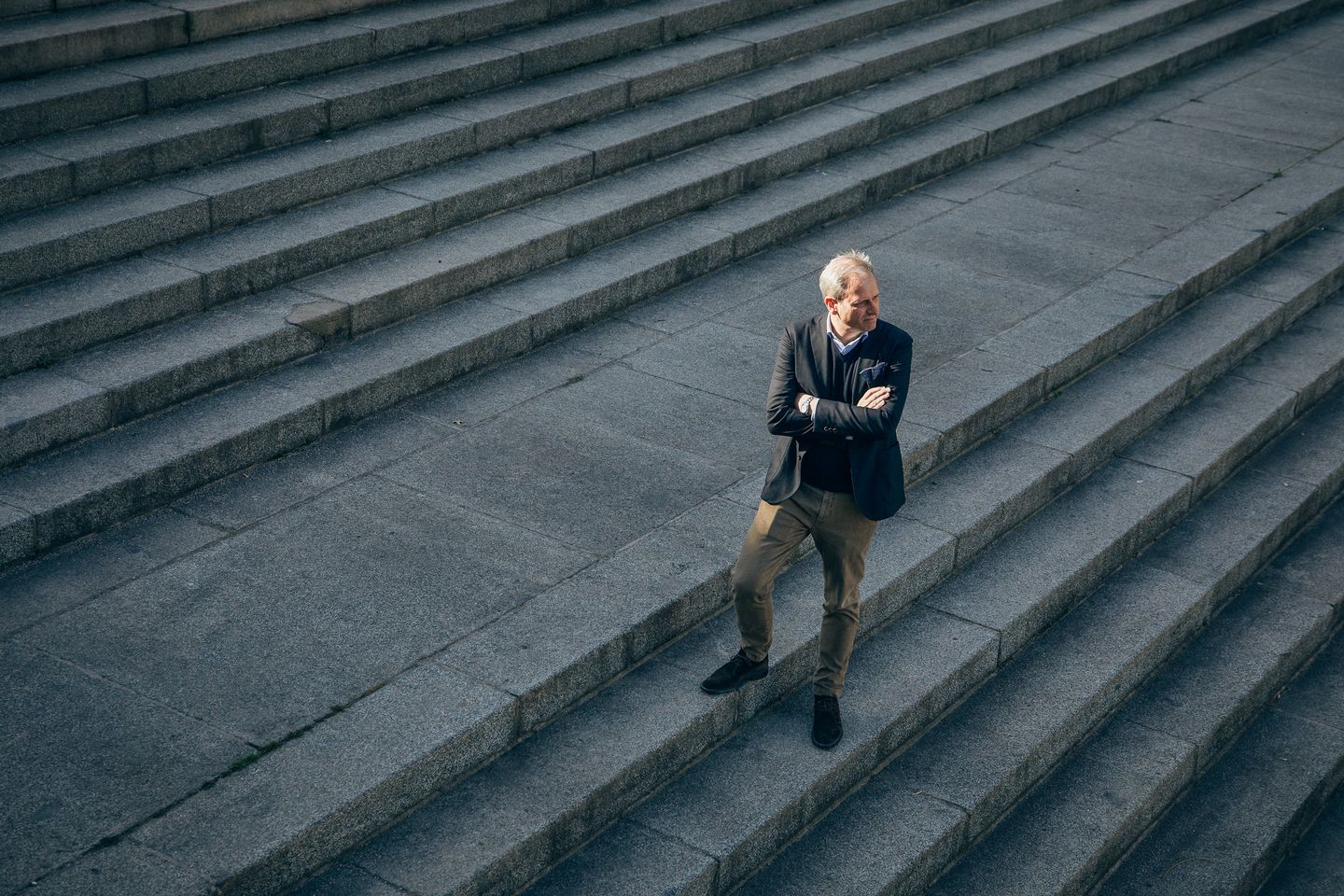
THE VDP.EXECUTIVE BOARD
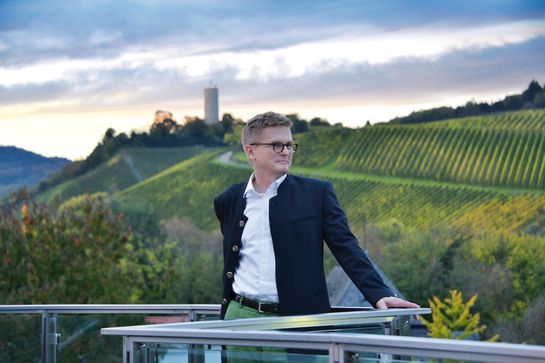
WILHELM WEIL
VDP.Estate Robert Weil
Mühlberg 5
65399 Kiedrich
Mail: info@weingut-robert-weil.de
Website: www.weingut-robert-weil.de
PHONE: +49 (0) 6123/2308
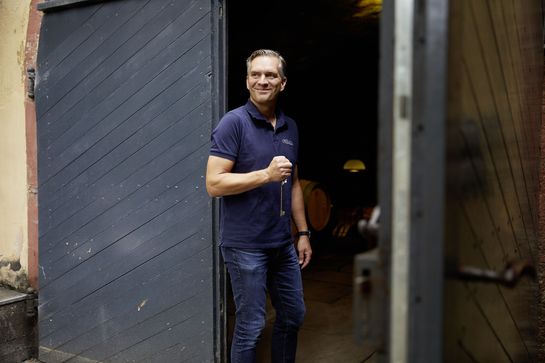
PHILIPP WITTMANN
VDP.Estate Wittmann
Mainzer Strasse 19
67593 Westhofen
Mail: info@wittmannweingut.de
Website: www.wittmannweingut.de
PHONE: +49 (0) 6244/905036
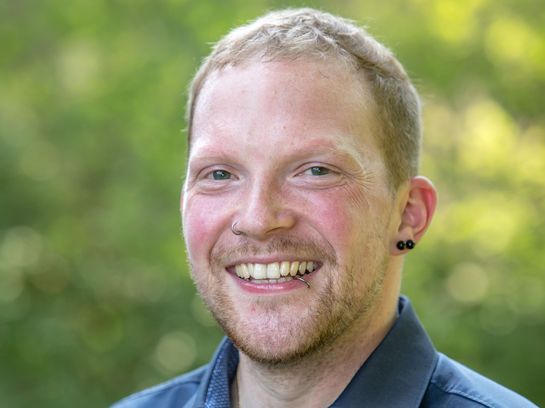
MORITZ HAIDLE
VDP.Estate Karl Haidle
Hindenburgstraße 21
D- 71394 Kernen-Stetten
Mail: info@weingut-karl-haidle.de
Website: www.weingut-karl-haidle.de
PHONE: +49 (0) 6721-96 950
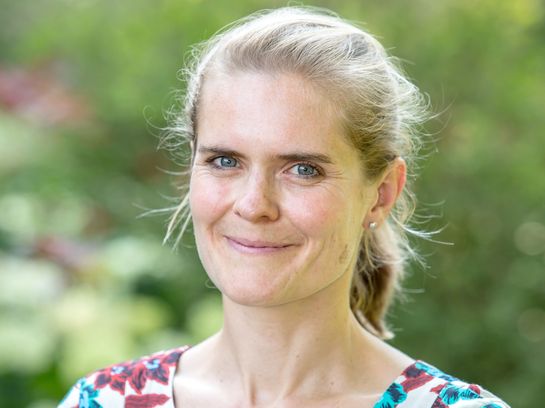
MEIKE NÄKEL
VDP.Estate Meyer Näkel
Friedensstraße 15
D- 53507 Dernau
Mail: weingut@meyer-naekel.de
Webseite: www.meyer-naekel.de
PHONE: +49 (0)2643/1628
A total of four VDP.Vice-presidents support Steffen Christmann in his work. The vice-presidents come from different winegrowing regions, ensuring that the differing needs of the regions are always taken into consideration in this committee. The current VDP vice-presidents are Moritz Haidle (VDP.Estate Karl Haidle, Württemberg), Meike Näkel (VDP.Estate Meyer-Näkel, Ahr), Wilhelm Weil (VDP.Estate Robert Weil, Rheingau) and Philipp Wittmann (VDP.Estate Wittmann, Rheinhessen). The terms of office of the President and Vice-Presidents are three years.
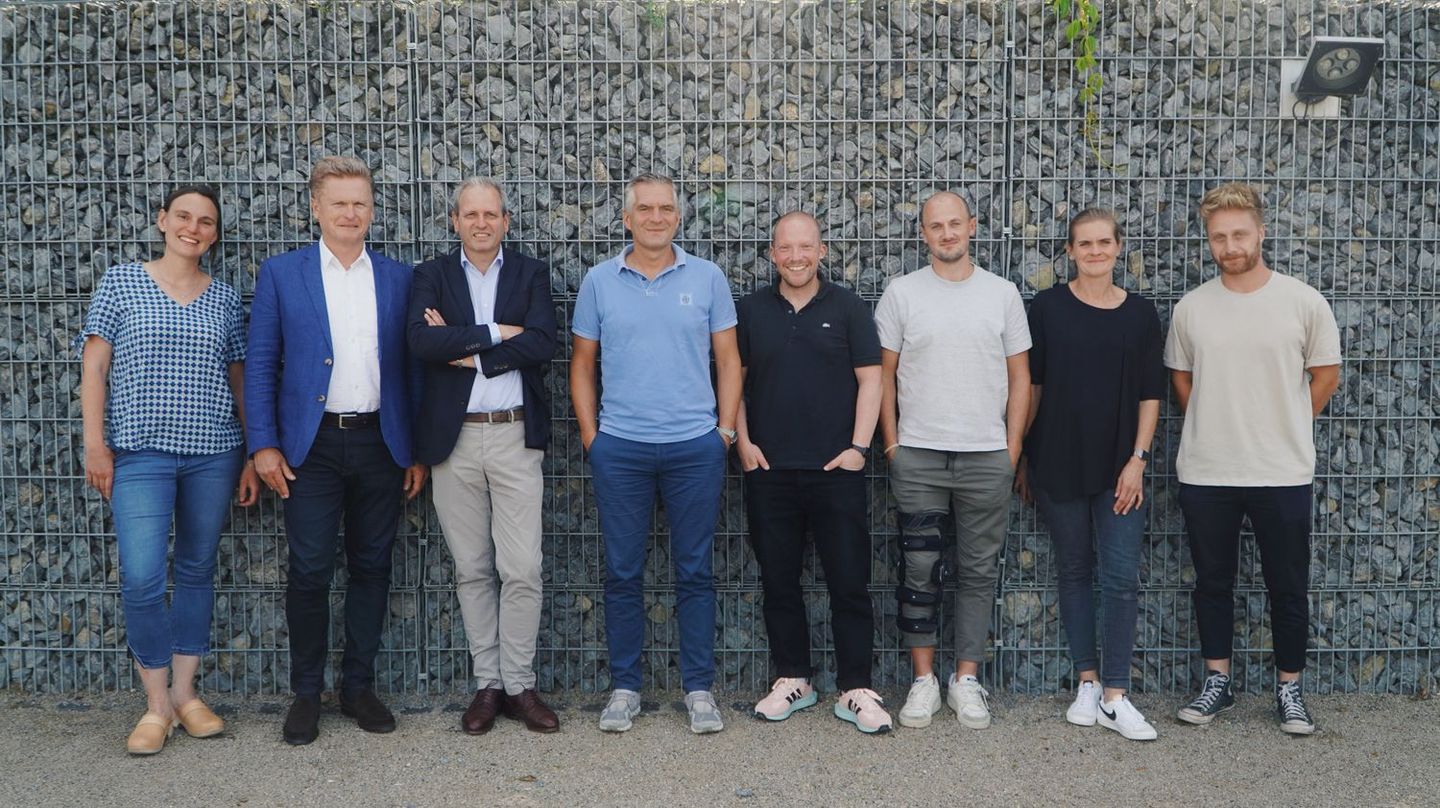
CO-OPTED ADVISORY BOARD
In a first step, the circle of the presidium will be expanded by co-opting winemakers of the next generation. The aim of this measure is the participation of the next generation in the association discourse as well as a broadening of the potential successors of the VDP.leadership also in terms of personnel.
Thus, Julian Huber (VDP.Estate Bernhard Huber) and Friedrich Keller (VDP.Estate Franz Keller) from Baden, Sebastian Fürst (VDP.Estate Rudolf Fürst) from Franconia, Caroline Diel (Schlossgut Diel (VDP)) and Cornelius Dönnhoff (VDP.Estate Dönnhoff) from the Nahe as well as Peter-Bernhard Kühn (VDP.Estate Peter Jakob Kühn) from the Rheingau followed the call of Steffen Christmann to the co-opted advisory board of the presidency, further appointments will follow. In this way, the VDP continues the idea of generational change in the staffing of the honorary office and takes another step in the development of young talent, which in the long term will assume responsibility in the association together with the existing board.
The VDP.Board of directors
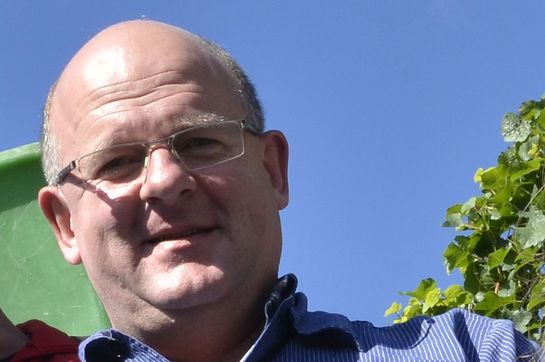
AHR
MARC ADENEUER
VDP.Estate J. J. Adeneuer
Max-Planck-Straße 8
53474 Bad Neuenahr-Ahrweiler
E-Mail: JJAdeneuer@t-online.de
Web: www.adeneuer.de
PHONE: +49 (0) 2641 / 34473
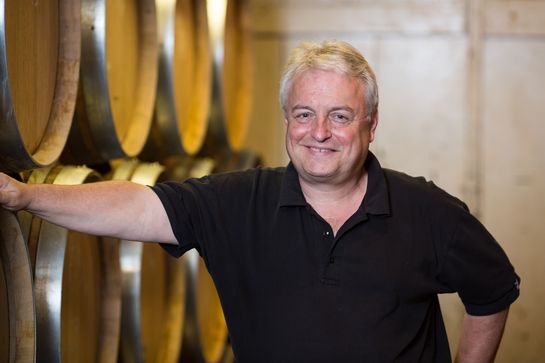
BADEN
JOACHIM HEGER
VDP.Estate Dr. Heger
Bachenstrasse 19
79241 Ihringen
Mail: info@heger-weine.de
Web: www.heger-weine.de
PHONE: +49( 0) 7668 / 995110
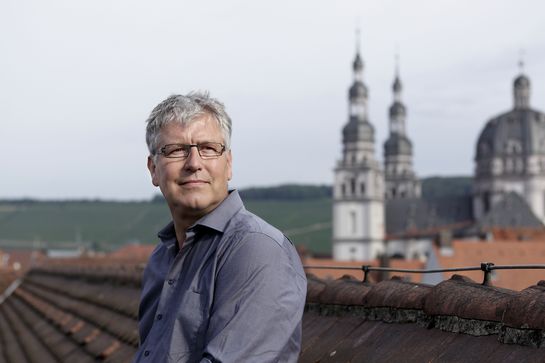
FRANKEN
ROBERT HALLER
VDP.Estate Bürgerspital z. Hl. Geist
Theaterstraße 19
97070 Würzburg
E-Mail: weingut@buergerspital.de
Web: www.buergerspital-weingut.de
PHONE: +49 (0) 931 / 3503441
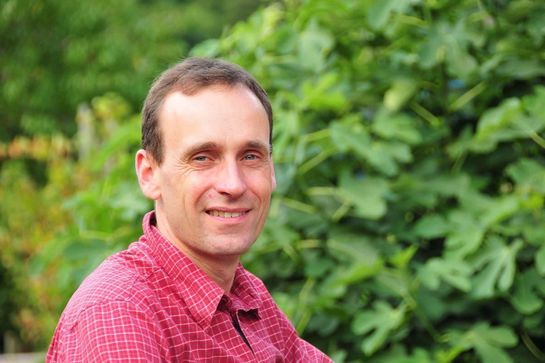
MITTELRHEIN
JOCHEN RATZENBERGER
VDP.Estate Ratzenberger
Blücherstrasse 167
55422 Bacharach
Mail: weingut-ratzenberger@t-online.de
Web: www.weingut-ratzenberger.de
PHONE: +49 (0) 6743 / 1337
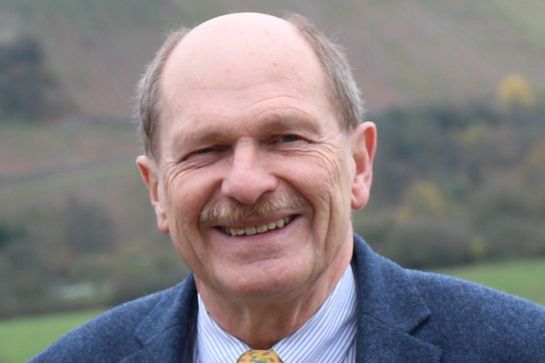
MOSEL-SAAR-RUWER
DR. CARL VON SCHUBERT
VDP.Estate Maximin Grünhaus
Hauptstr. 1
54318 Mertesdorf
E-Mail: info@vonschubert.de
Web: www.vonschubert.de
PHONE: +49 (0) 651 / 5111
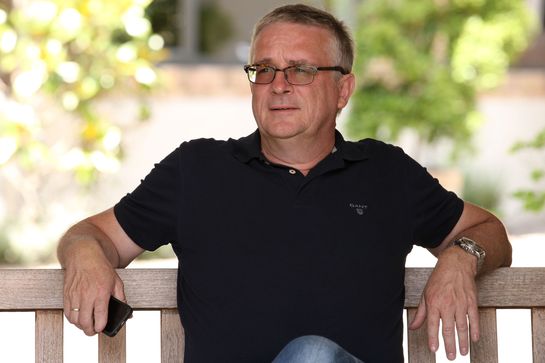
PFALZ
HANSJÖRG REBHOLZ
VDP.Estate Ökonomierat Rebholz
Weinstraße 54
76833 Siebeldingen
E-Mail: wein@oekonomierat-rebholz.de
Web: www.oekonomierat-rebholz.de
Tel: +49 (0) 6345 / 3439
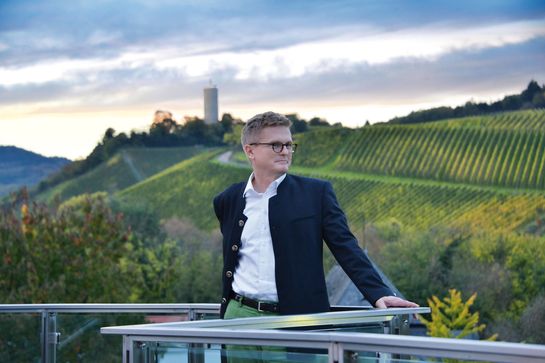
RHEINGAU
WILHELM WEIL
VDP.Estate Robert Weil
Mühlberg 5
65399 Kiedrich
Mail: info@weingut-robert-weil.de
Website: www.weingut-robert-weil.de
PHONE: +49 (0) 6123 / 2308
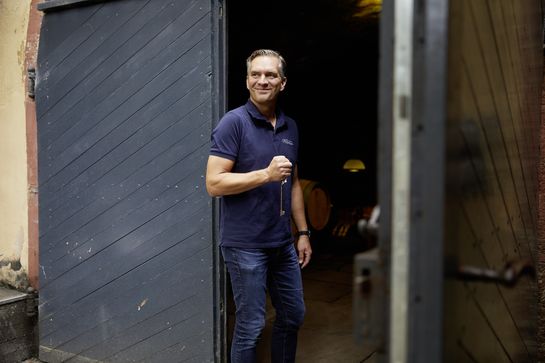
RHEINHESSEN
PHILIPP WITTMANN
VDP.Estate Wittmann
Mainzer Strasse 19
67593 Westhofen
Mail: info@wittmannweingut.de
Website: www.wittmannweingut.de
PHONE: +49 (0) 6244 / 905036
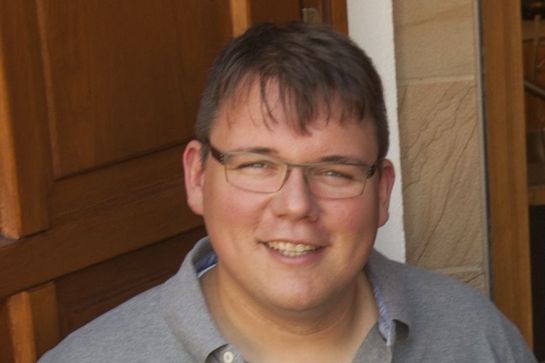
WÜRTTEMBERG
MARKUS DRAUTZ
VDP.Estate Drautz-Able
Faisststraße 23
74076 Heilbronn
E-Mail: info@drautz-able.de
Web: www.drautz-able.com
PHONE: +49 (0) 7131 / 177908
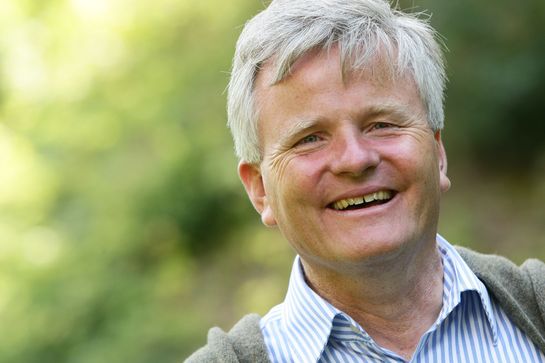
SACHSEN / SAALE-UNSTRUT
DR. GEORG PRINZ ZUR LIPPE
VDP.Estate Schloss Proschwitz
Dorfanger 19
01665 Zadel über Meissen
E-Mail: weingut@schloss-proschwitz.de
Web: www.schloss-proschwitz.de
PHONE: +49 (0) 3521 / 76760
In addition to the President and the four Vice-presidents, the VDP.Executive committee also includes the regional executive committees and the managing director. The executive committee is responsible for oversight of the VDP.National Association between the general meetings. Members of the VDP.Executive committee beside Steffen Christmann and his four vice-Presidents are: Marc Adeneuer (VDP.Estate J. J. Adeneuer, Ahr), Robert Haller (VDP.Estate Bürgerspital zum Hl. Geist, Franken), Jochen Ratzenberger (VDP.Estate Ratzenberger, Mittelrhein), Dr. Carl von Schubert (VDP.Estate Maximin Grünhaus, Mosel-Saar-Ruwer), Hansjörg Rebholz (VDP.Estate Ökonomierat Rebholz, Pfalz), Johannes Hasselbach (VDP.Estate Gunderloch, Rheinhessen) Felix Ellwanger (VDP.Weingut Jürgen Ellwanger, Württemberg), Dr. Georg Prinz zur Lippe (VDP.Estate Schloss Proschwitz, Sachsen / Saale-Unstrut), Frank Schönleber (VDP.Weingut Emrich-Schönleber, Nahe), Wilhelm Weil (VDP.Weingut Robert Weil, Rheingau) and Joachim Heger (VDP.Weingut Dr. Heger, Baden).
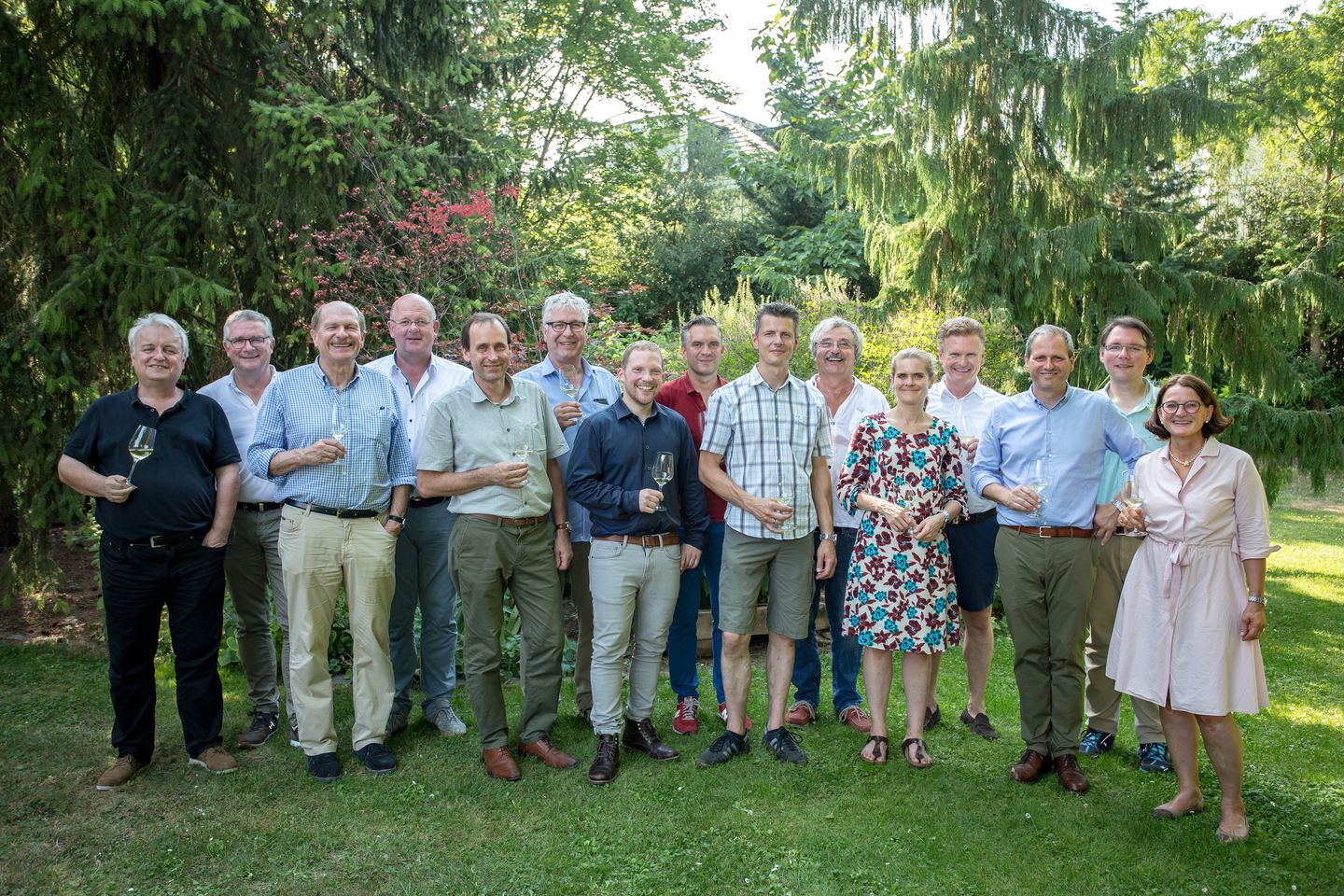
THE REGIONAL ASSOCIATIONS
Quality reflects origin – this is the VDP’s philosophy in a nutshell. It’s why we attach particular importance to origin in our organizational structure. After all, growing conditions can vary greatly between our regions: from the Mosel with its slate steep slopes and unquestionable Riesling dominance to the cool Ahr, characterized by Pinot Noir, the sun-drenched Pfalz, the Silvaner paradise of Franken and especially nigh-Mediterranean Baden to the south. Every region has its own special characteristics. It is our aim to preserve and strengthen this regionality with all its individual quirks and traditions and to make it tastable in wine. This is why the VDP is now divided into eleven regional associations. From north to south: Sachsen/Saale-Unstrut, Ahr, Mosel-Saar-Ruwer, Mittelrhein, Rheingau, Rheinhessen, Franken, Pfalz, Württemberg and Baden. Historically, such regional winegrowers' associations were also the nucleus of the VDP. In 1910 the "Vereinigung Rheingauer Weingutsbesitzer," the "Vereinigung Rheinhessischer Naturwein-Versteigerer," the "Verein der Naturweinversteigerer der Rheinpfalz" and the "Trier Verein von Weingutsbesitzern der Mosel, Saar und Ruwer" merged to form the "Verband Deutscher Naturweinversteigerer," which later became the VDP.

